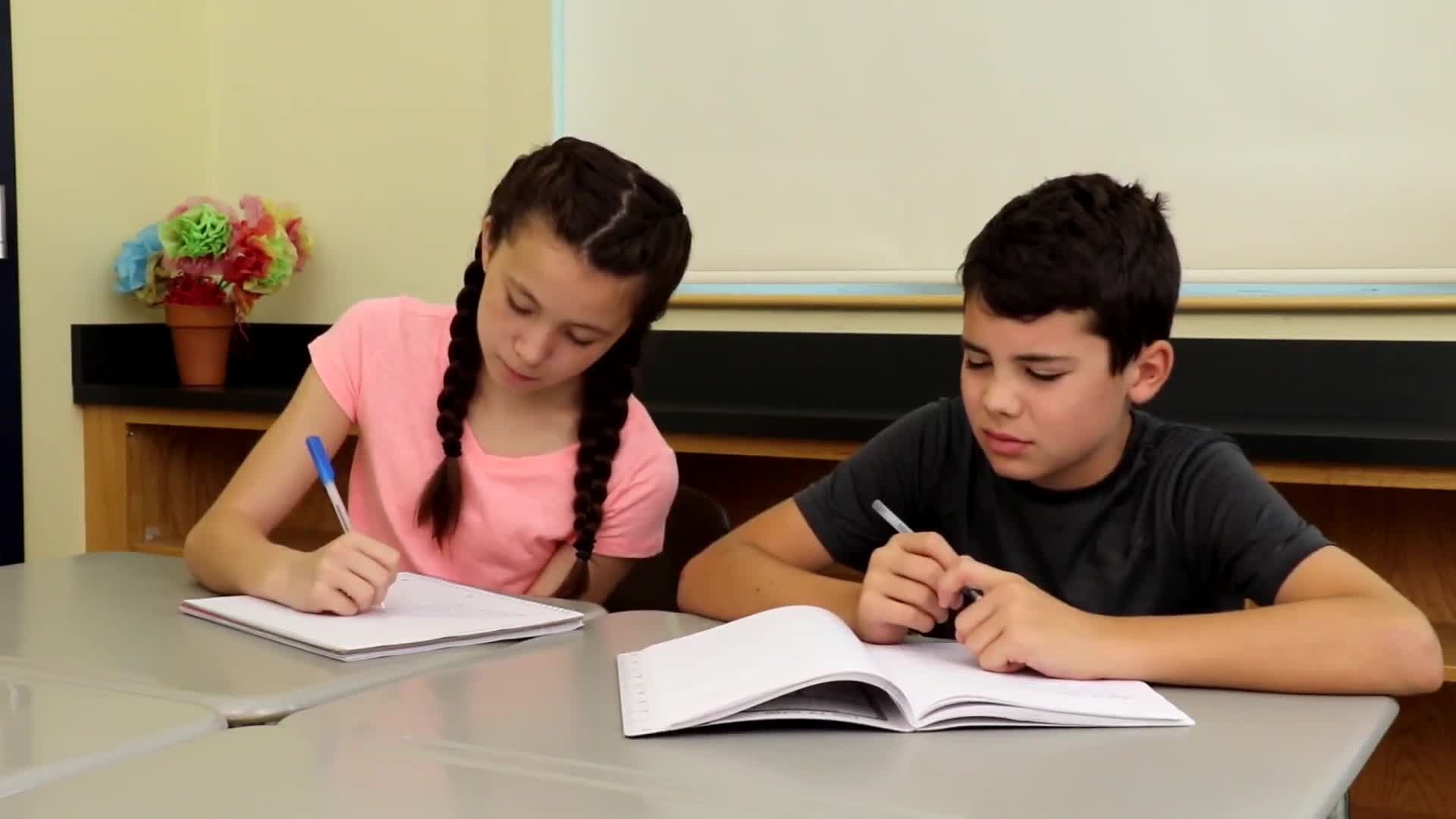
As educators, one of our goals is to help students develop self-awareness and communication skills. This includes recognizing when they’re unwell and knowing how to communicate their needs to teachers and caregivers. In this blog post, we’ll discuss an easy, no-prep activity to teach PreK students these essential skills while incorporating principles of Social-Emotional Learning.
No-Prep Activity: Role Play Scenarios
Role-playing is an effective and engaging way to teach young children about recognizing and communicating their health needs. In this activity, educators can create various scenarios that encourage students to practice identifying how they feel and asking for help. Here’s how:
- Divide the students into pairs or small groups.
- Assign one student to play the role of the teacher or caregiver, and the other student(s) to play the role of a student who is not feeling well.
- Provide a brief scenario for each group, such as a student with a stomachache, headache, or feeling too hot/cold.
- Guide the students through the role play, encouraging them to use words that express their feelings and ask for help. Encourage the “teacher” or “caregiver” to respond with empathy and understanding.
- After each scenario, discuss as a class what the students did well and what they could improve upon in their communication.
This activity allows students to practice expressing their needs in a safe and supportive environment, helping them build confidence and develop communication skills.
Discussion Questions
After completing the role play activity, use the following discussion questions to further explore the topic:
- Why is it important to tell a teacher or caregiver when you’re not feeling well?
- What are some ways we can describe how we feel when we’re unwell?
- How can we ask for help if we’re not feeling well in school or at home?
- How can we show empathy and understanding when a friend or classmate is not feeling well?
- What can we do to take care of ourselves when we’re not feeling well?
Related Skills
In addition to recognizing and communicating their health needs, PreK students can benefit from learning other related skills, such as:
- Identifying emotions: Learning to recognize and name their feelings helps children develop self-awareness and emotional expression.
- Empathy: Understanding and responding to the feelings of others is an essential component of Social-Emotional Learning.
- Self-care: Teaching children to take care of themselves, both physically and emotionally, promotes well-being and resilience.
- Problem-solving: Encouraging students to think critically and find solutions to challenges they face, including health-related issues.
Next Steps
Ready to explore more resources for teaching Social-Emotional Learning skills to PreK students? Sign up for free samples of our skill-based materials and activities at Everyday Speech. You’ll find engaging activities, videos, and more to help your students develop essential life skills, including recognizing and communicating their health needs.

